Average sizes and life expectancy for this breed:
The Ocicat is a medium-sized cat with an exciting and larger-than-life personality. Together with their fun-loving character, their exotic looks are sure to make an impression on all who meet them. Outgoing and welcoming to everyone, including strangers, the Ocicat will surely earn a place in your heart.
Self-assured and gregarious, the exotic-looking Ocicat equally loves playing games and curling up on their human companion’s lap. They are active and inquisitive and can be demanding of your love and attention.
Ocicat is a fit and athletic, yet graceful cat breed with a playful disposition. They frequently exhibit dog-like behaviour in their desire to play fetch. However, their love of toys can turn into possessiveness and they may engage in tug-of-war if you attempt to take them away. They can also be taught to respond to verbal commands.
These felines may look wild but they possess no recent wild DNA in their gene pool. Ocicats are very social and get along remarkably with other cat breeds and dogs as long as their personalities and energies do not conflict. If it's the right fit, they will greatly appreciate an animal companion to keep them company when their humans are out at work.
Their beautiful spotted short coat is easy to care for and maintain with regular combing or brushing. They are a highly vocal breed, but don’t worry as their voices lack that annoying Siamese rasp. However, as vocalisation is their favoured way to communicate, they are highly tuned to voice tones. As a result, they can be very sensitive to harsh verbal reprimands.
See available kittens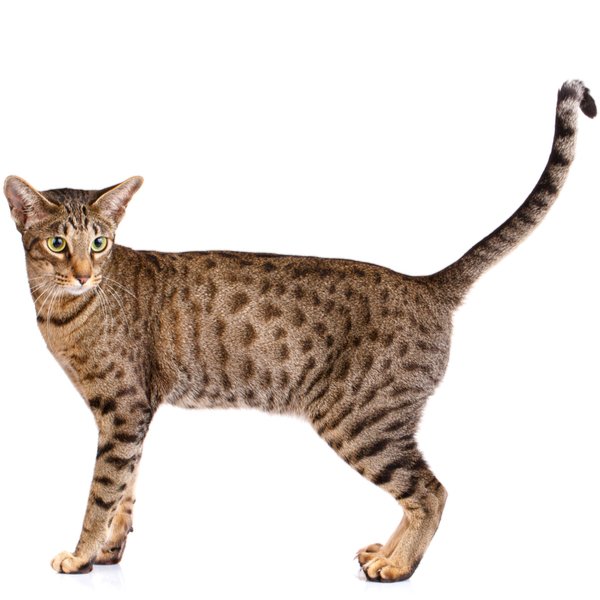

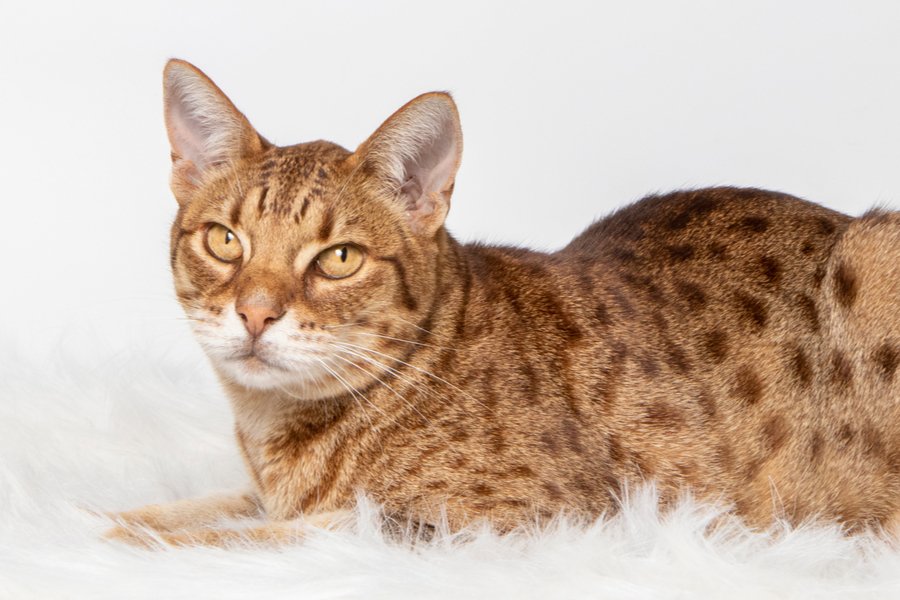


In 1964, Virginia Daly created the Ocicat by accident when trying to develop and produce a Siamese cat with points the same colour as an Abyssinian. She bred a ruddy Abyssinian male cat to a large seal point Siamese female cat.
The resulting litter kittens were all phenotypically Abyssinian kittens, and she kept a female kitten from the litter that she called Dalai. She then bred Dalai to a chocolate point Siamese cat. That litter produced Siamese with Abyssinian cat points. She repeated the breeding, and in this batch, there was a surprise, a beautiful ivory kitten with golden spots that she named Tonga.
Her daughter stated the kitten looked just like an Ocelot and wanted to call the kitten Ocicat. As a new cat breed was not their goal, Tonga was neutered and placed in a lovely home. However, further breedings of his parents continued to produce spotted kittens like Tonga, which became the basis of the Ocicat breeding program.
Other breeders started to join in, following Virginia’s method of breeding Siamese to Abyssinian, and the offspring to Siamese, developing new lines. In 1987, the cat breed moved forward, and The International Cat Association granted the Ocicat championship status. Today, all North American cat associations recognize this breed.
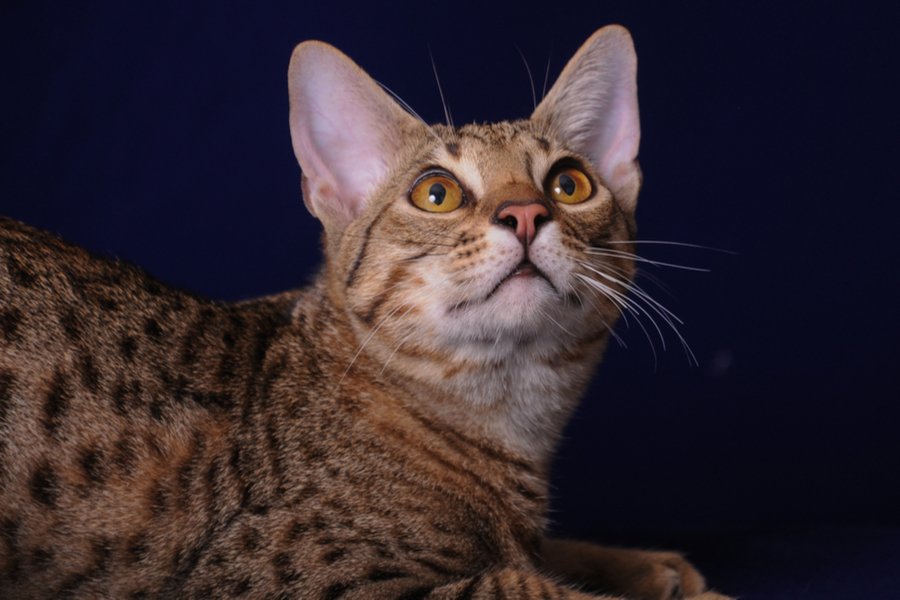
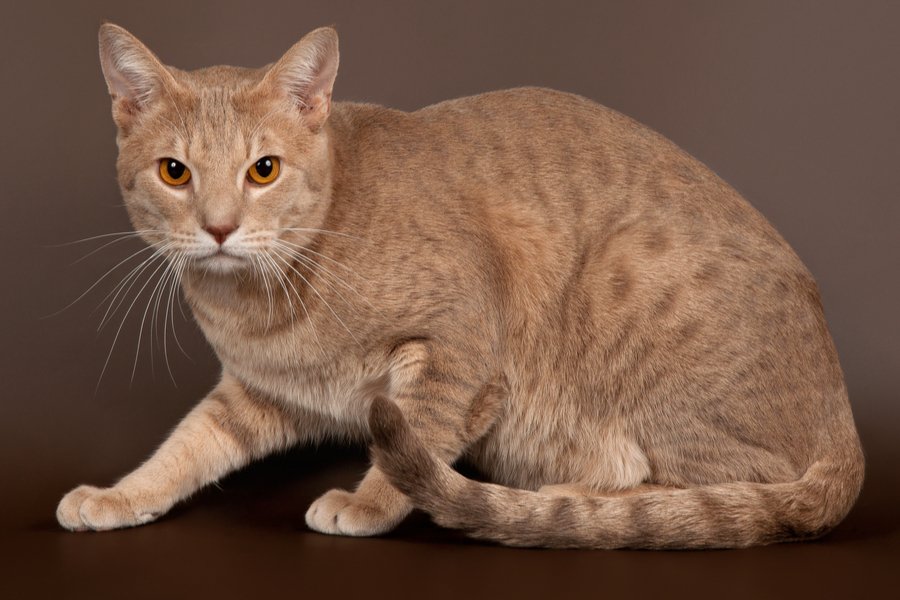
The mature Ocicat is a large cat with a powerful, smooth semi-foreign body with strong muscles covered in a short, tight spotted coat. They have large almond-shaped eyes angled a little adding to the Ocicat’s exotic look. Their ears are alert, moderately large, and often with tufts. Their medium legs have a solid feel to them to support the agile, athletic body.
The Ocicat comes in one pattern, which is spotted, but can coms in an array of different colours: brown (black), cinnamon, chocolate, lilac, blue, and fawn, plus the silver variety of these colours. The rich shades look like the exotic tones of the jungle cats, and the glistening silvers add a touch of glamour.
The large thumb-shaped spots that cover their body are arranged in a classic bull's eye pattern. In addition, each of their hair has several bands of “ticking” and their tail can have a dark tip.
The Ocicat may look wild, but it is unquestionably a loving feline companion that dedicates itself to its family. They are social, confident, and self-assured felines who are welcoming with guests, keenly looking for the opportunity for a game, some petting, or a lap to curl upon.
These intelligent cats can be taught to play fetch. However, beware that their love of toys can turn to possessiveness as they will try to engage in tug-of-war if you attempt to take them away. They are full of energy, and their powerful refinement effortlessly lets them jump to high places. Thus, be sure to give them at least one cat tree.
These affectionate and warm cats are very friendly and loving feline companions. However, they do tend to bond more with one person in the home. They are also very adaptable and can quickly learn the household rules. But keep in mind that their social character means they are unhappy if left alone for an extended period of time. Therefore, they do best in pairs or with another cat breed or even a canine friend.
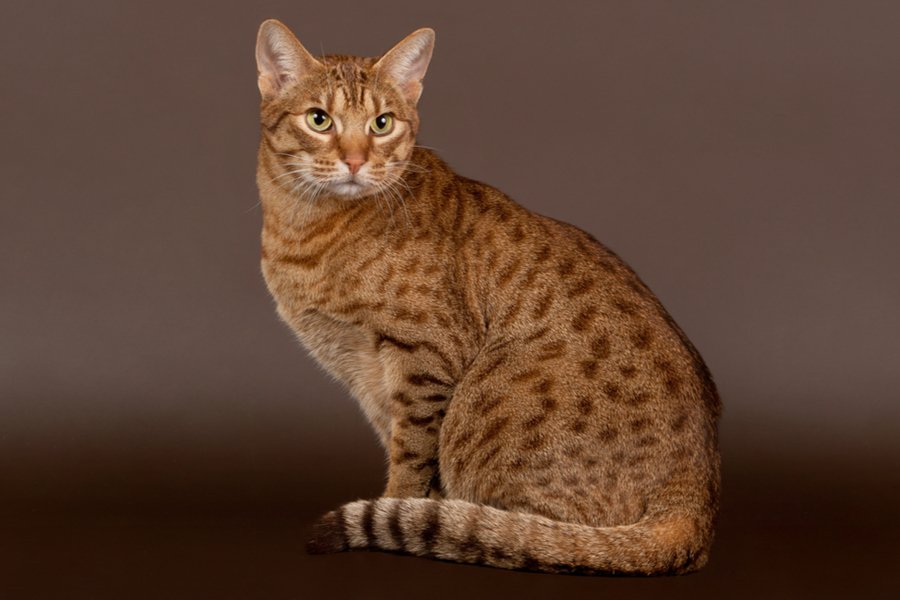
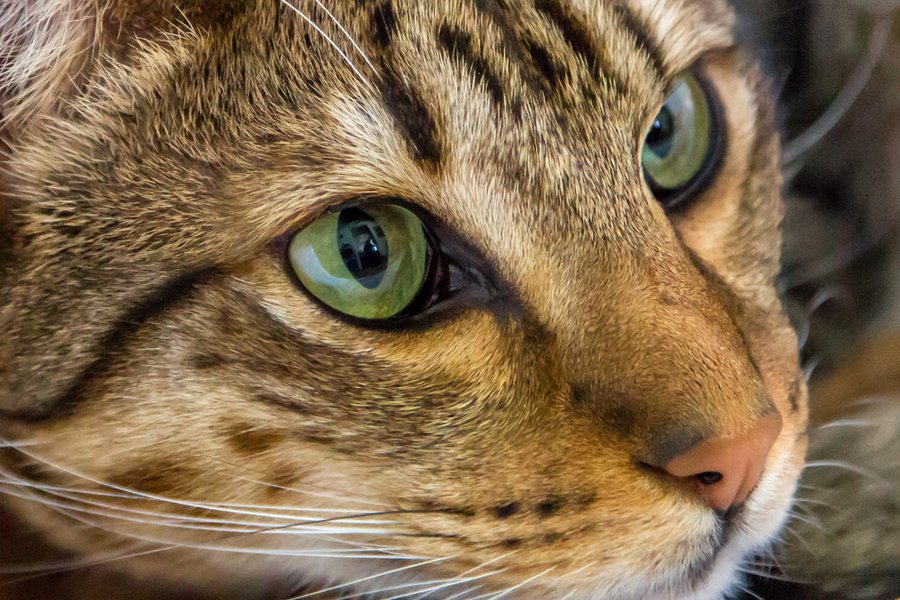
Ocicats are highly intelligent, naturally curious, and adore the love and attention of being clicker-trained and taught tricks. They also learn to respond to their names, can play fetch like a dog, and may even come to you on command.
Challenge their intelligent minds and keep them attentive by teaching them a variety of commands, tricks and games. Give them a lot of puzzle toys that will reward them with treats or kibbles when they learn how to operate them.
When an Ocicat is appropriately socialised and trained during their kittenhood, they will grow to be a well-mannered and well-rounded feline companion.
Ocicats have a low maintenance coat. To keep it in tip-top condition, you can run a rubber brush over their short and dense coat once a week to eliminate the dead hairs. Then, you can polish it with a chamois to add some sheen.
You don;t need to bathe your Ocicat unless they get particularly dirty, but doing so can help to enhance the vivid tones of the cat’s coat. Use a bronze-tone shampoo for chocolate, brown, and cinnamon spotted tabby cats; a pearl-tone shampoo for lilac, blue, and fawn cats; and a whitening shampoo for the silver Ocicats.
All cats need to get used to combs and brushes from an early age to avoid matted fur from the offset. There's a wide variety of cat combs and brushes available on the market. Start with a very soft brush that does not pull at fine kitten fur or damage their skin. Each time you have finished brushing, give a small treat. As your Ocicat kitten grows, you can try more effective combs and brushes for their adult fur.
For dental hygiene, brush their teeth at least once a week to prevent periodontal disease. You should also trim their nails twice a month or when needed, especially if they do not go outside. For their almond-shaped eyes, wipe their corners with a soft, damp cloth to eliminate any discharge. Use a separate part of the damp cloth for each eye to avoid spreading any infection.
Check the ears weekly. If their ears look dirty, wipe them out with a cotton ball or soft damp cloth moistened with a vet-approved ear cleaner. If the ear has a foul odour, it is best to contact your vet for treatment.
Their litter boxes should always be clean as they are precise about bathroom hygiene. If it is left unclean, they tend to use other places in the house.
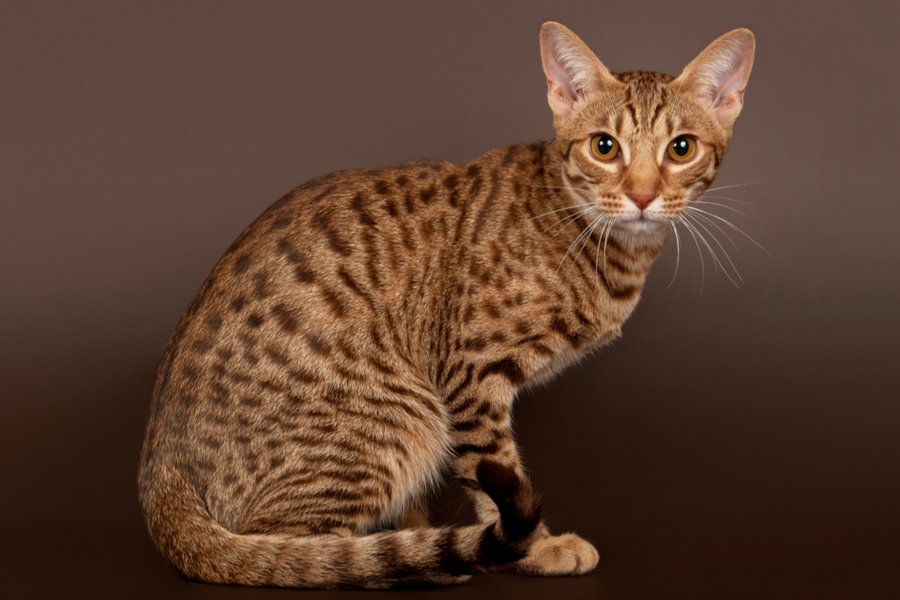
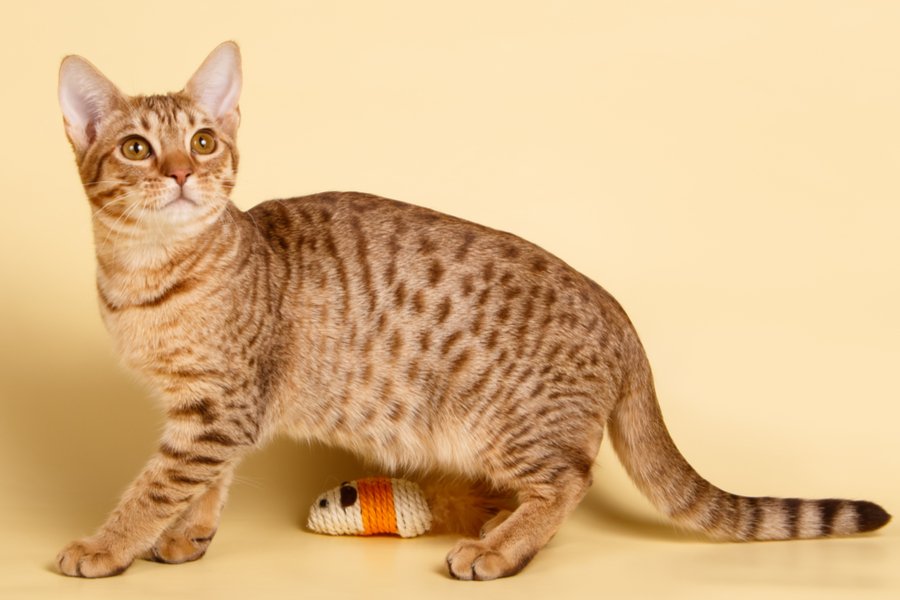
The Ocicat is generally a healthy cat breed with a long lifespan. However, there are some health conditions that have been seen in this cat and their parent breeds. These include Progressive retinal atrophy (PRA), liver or renal amyloidosis, hypertrophic cardiomyopathy and pyruvate kinase deficiency.
Therefore, like with all cat breeds, we strongly recommend only buying an Ocicat from a registered and reputable breeder. In addition, ensure the breeder runs DNA health checks on their cats (both the breeding cats and the kittens) and ask to see proof of this. DNA tests can reveal if the kittens have any genetic conditions that may affect them later in life.
The welcoming and sociable Ocicat enjoys playing. That’s why they are an excellent option for families with children. However, always oversee interactions between your cat and younger kids to avoid accidents and ensure the child doesn't hurt the cat by pulling their fur or twisting their tail.
Ocicats are happy to live with other cats and cat-friendly dogs. However, how well they get on will depend on their personalities. If possible, introduce them to their four-legged siblings from an early age. And as always, it is best to introduce pets gradually and in controlled environments to ensure that they learn to get along well together.
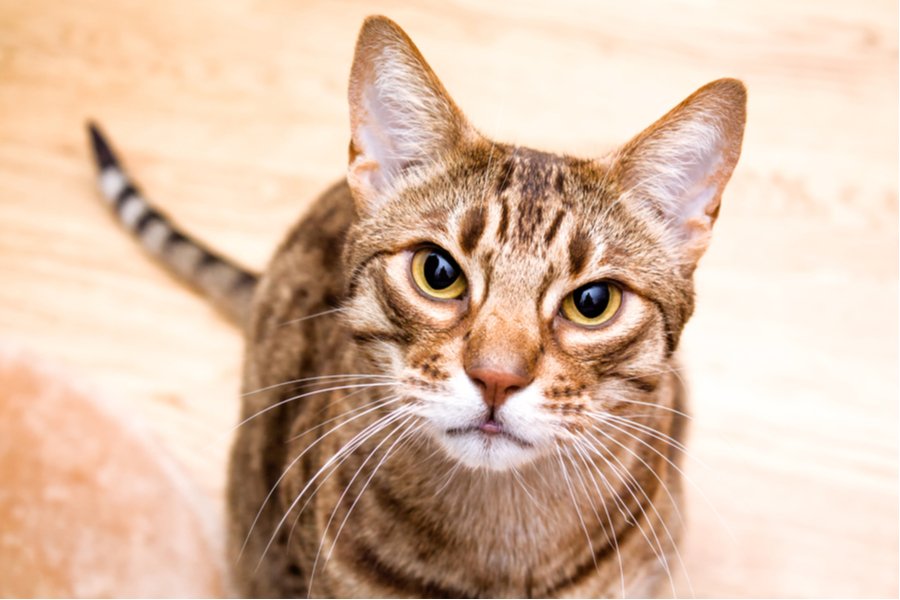
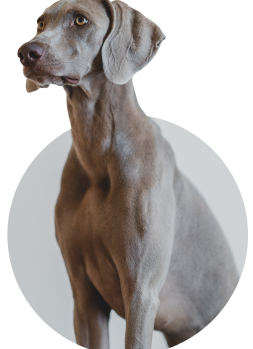
We can connect you with Breeders that are specialized in this particular breed.
See available kittens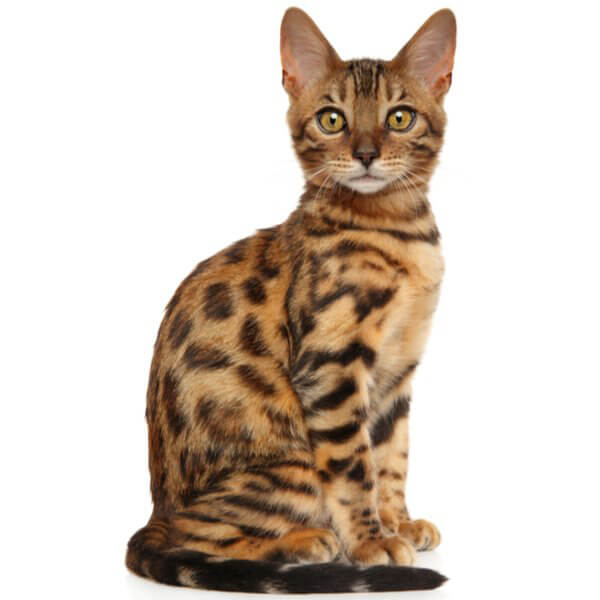
United States of America
Size : Medium
Coat : Short
Registration : TICA, CFA, FIFe, GCCF
Vocality : Medium
Hypoallergenic : Yes
Grooming : Once a Week
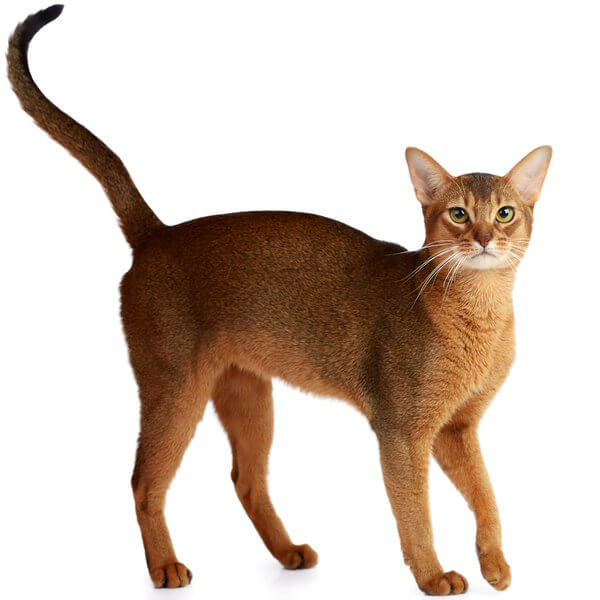
Ethiopia
Size : Medium
Coat : Short
Registration : GCCF, TICA, CFA, FIFe
Vocality : Low
Hypoallergenic : No
Grooming : Once a Week
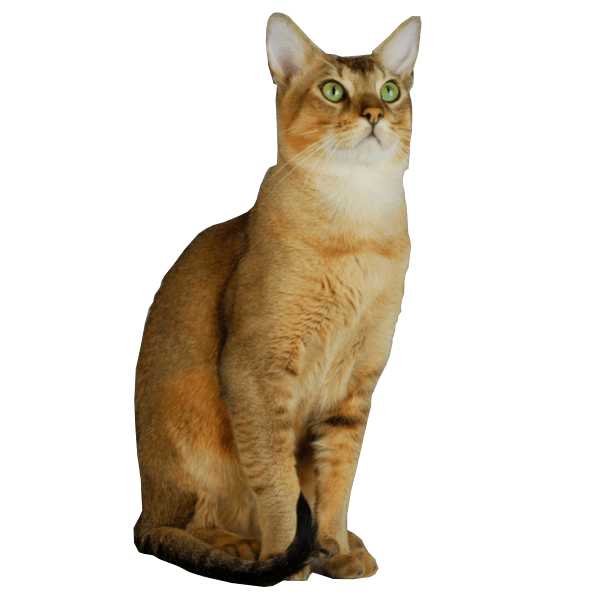
Egypt
Size : Large
Coat : Short
Registration : TICA
Vocality : High
Hypoallergenic : No
Grooming : Once a Week
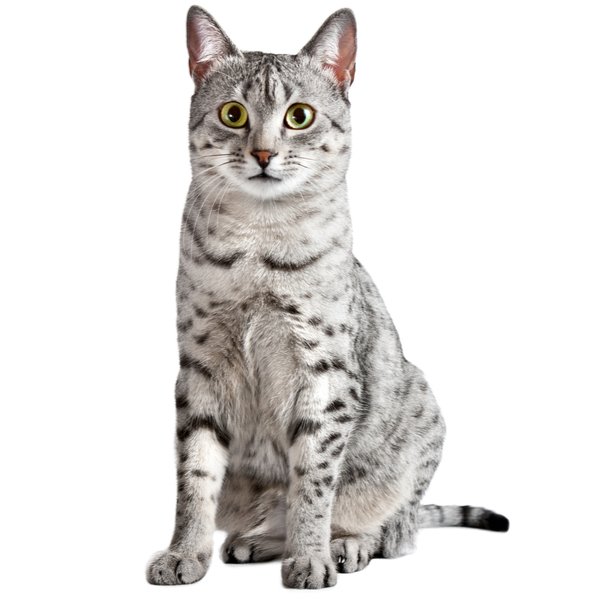
Egypt
Size : Medium
Coat : Short
Registration : GCCF, TICA, CFA, FIFe
Vocality : Low
Hypoallergenic : No
Grooming : Once a Week


Need some advice?
Whether you're a first time pet owner, an experienced pet owner, a new or long-time breeder, or just curious about pets, we've got you covered!
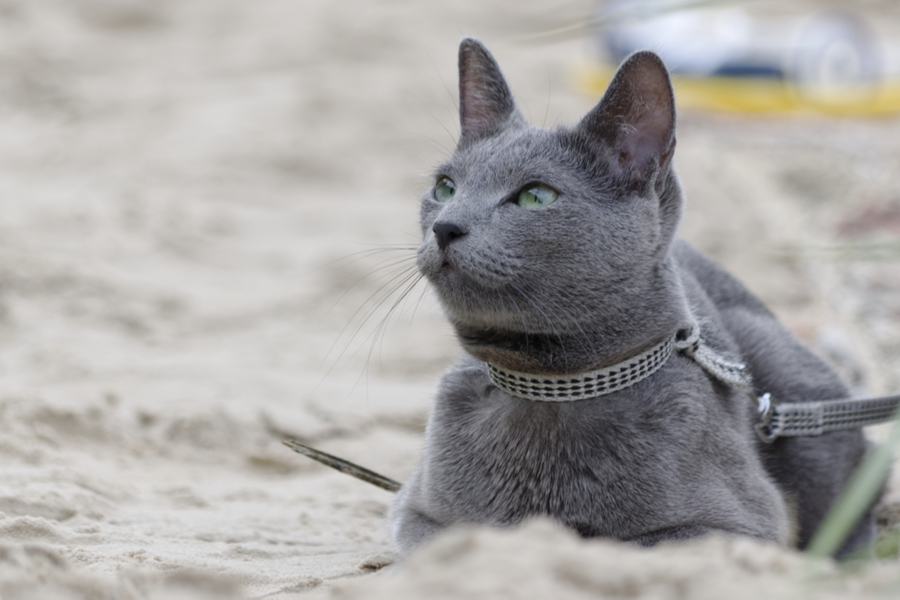
January 17, 2024
What Is The Personality Of Russian Blue Cats?
Russian Blue cats are most known for their distinctive shimmery blue-silver coat and piercing green eyes. However, this breed’s calm and gentle temperament is what makes them shine the most in the feline world.
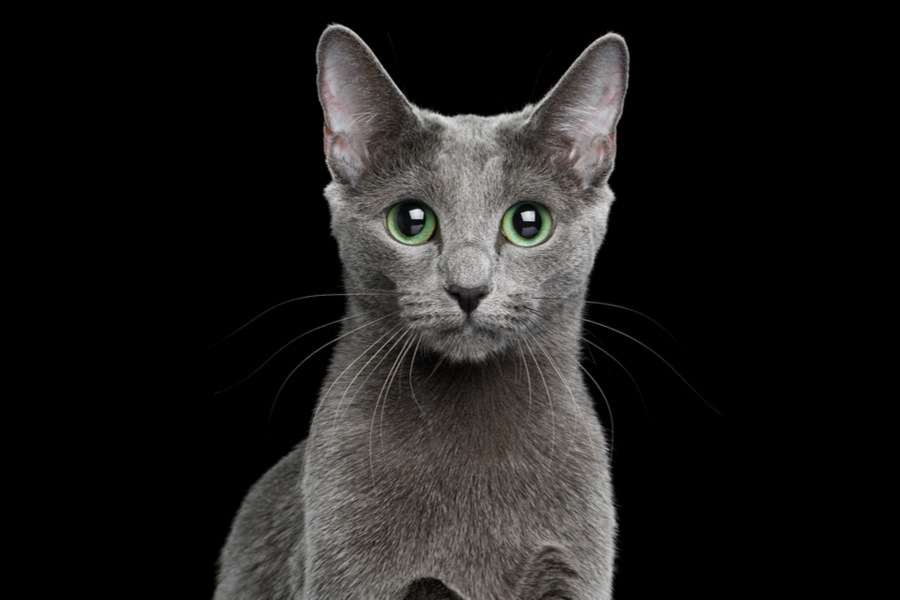
January 17, 2024
10 Facts About Russian Blue Cat Breed
Russian Blues are one of the most aesthetically stunning cat breeds, with a gorgeous plush silvery coat and vibrant green eyes. However, it’s not only their appearance that is beautiful; their nature is too.
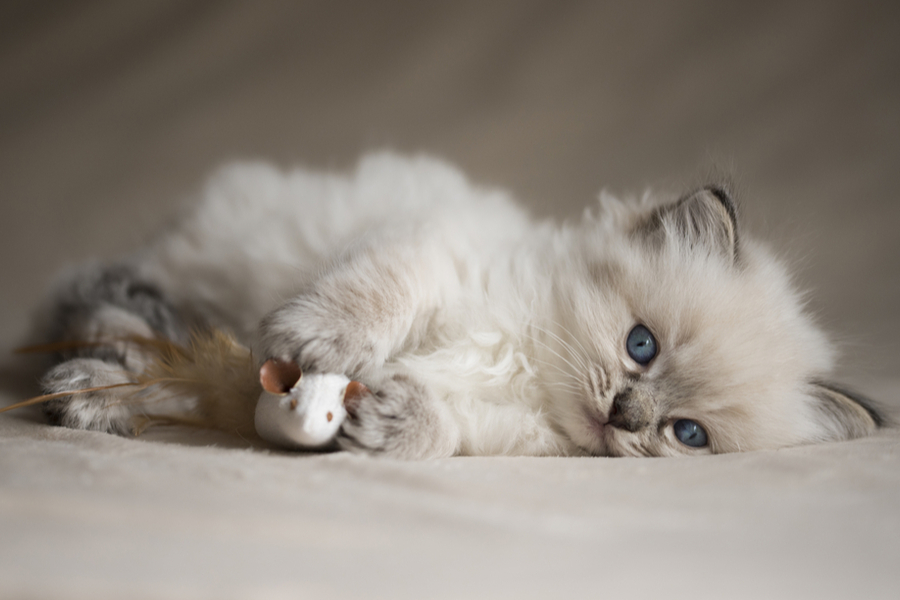
January 17, 2024
How To Choose The Right Cat Breed for You
Cats can make the most fantastic animal companions; they are adorable, friendly, and loving. However, not all felines are created equal. There are many different breeds, of which each has its unique personality traits.
Need some help?
Contact us to speak to our friendly advisor, who will gladly help you find your dream pet!



We are registered in England and Wales under registration number 12568840,
and our registered office is at 58-60 Kensington Church Street, W8 4DB London, England.
© 2023 The Pedigree Paws